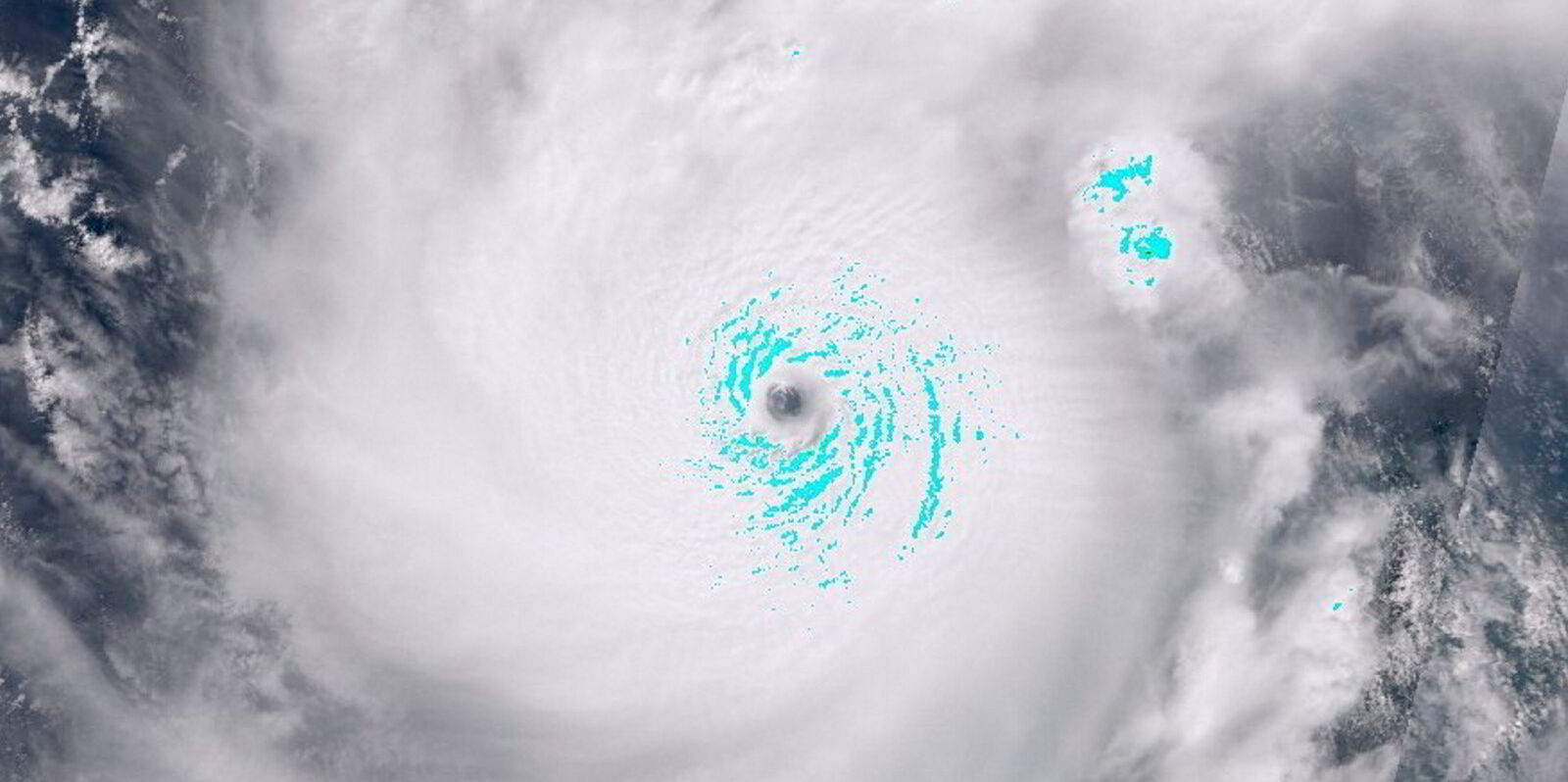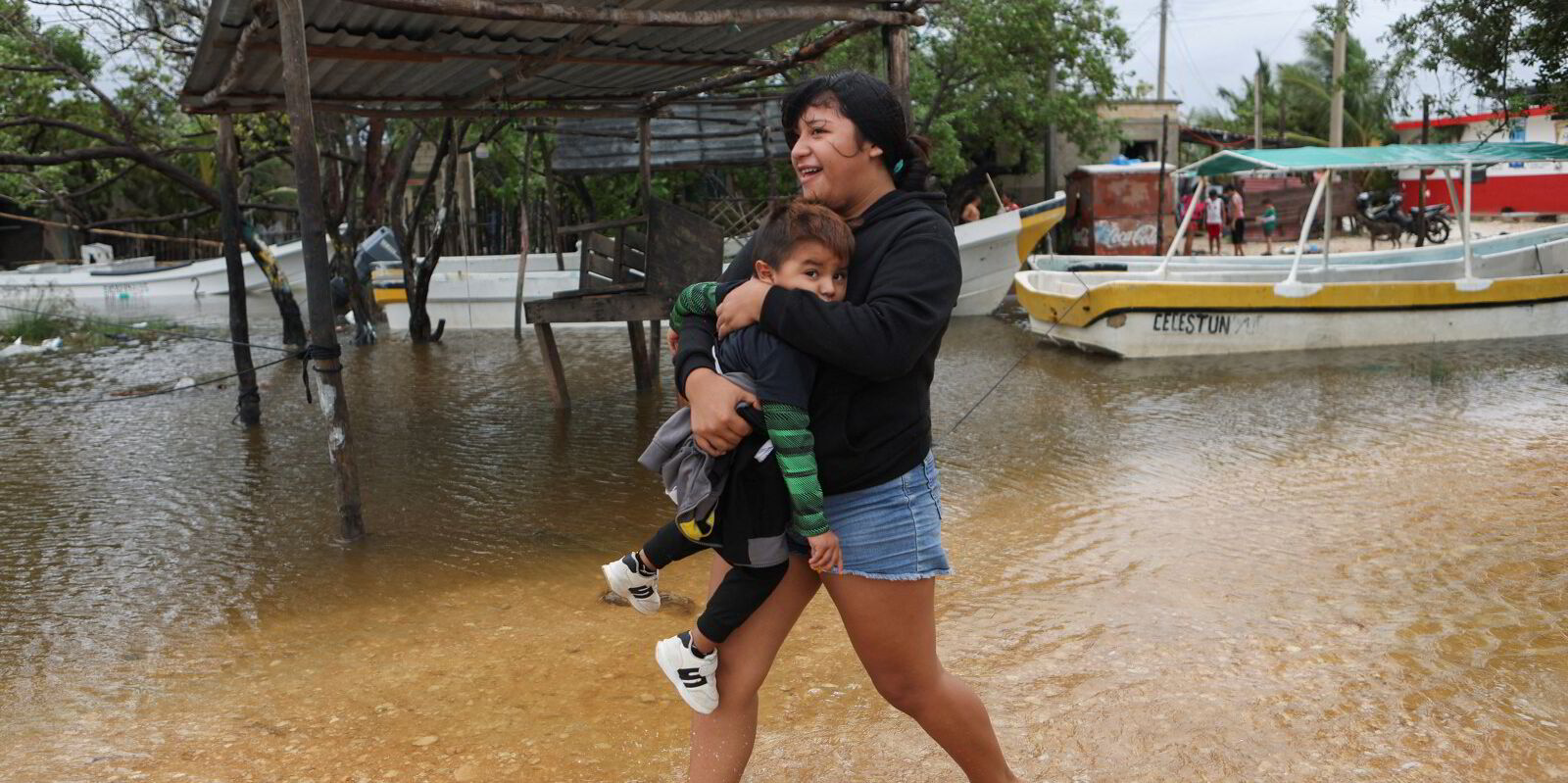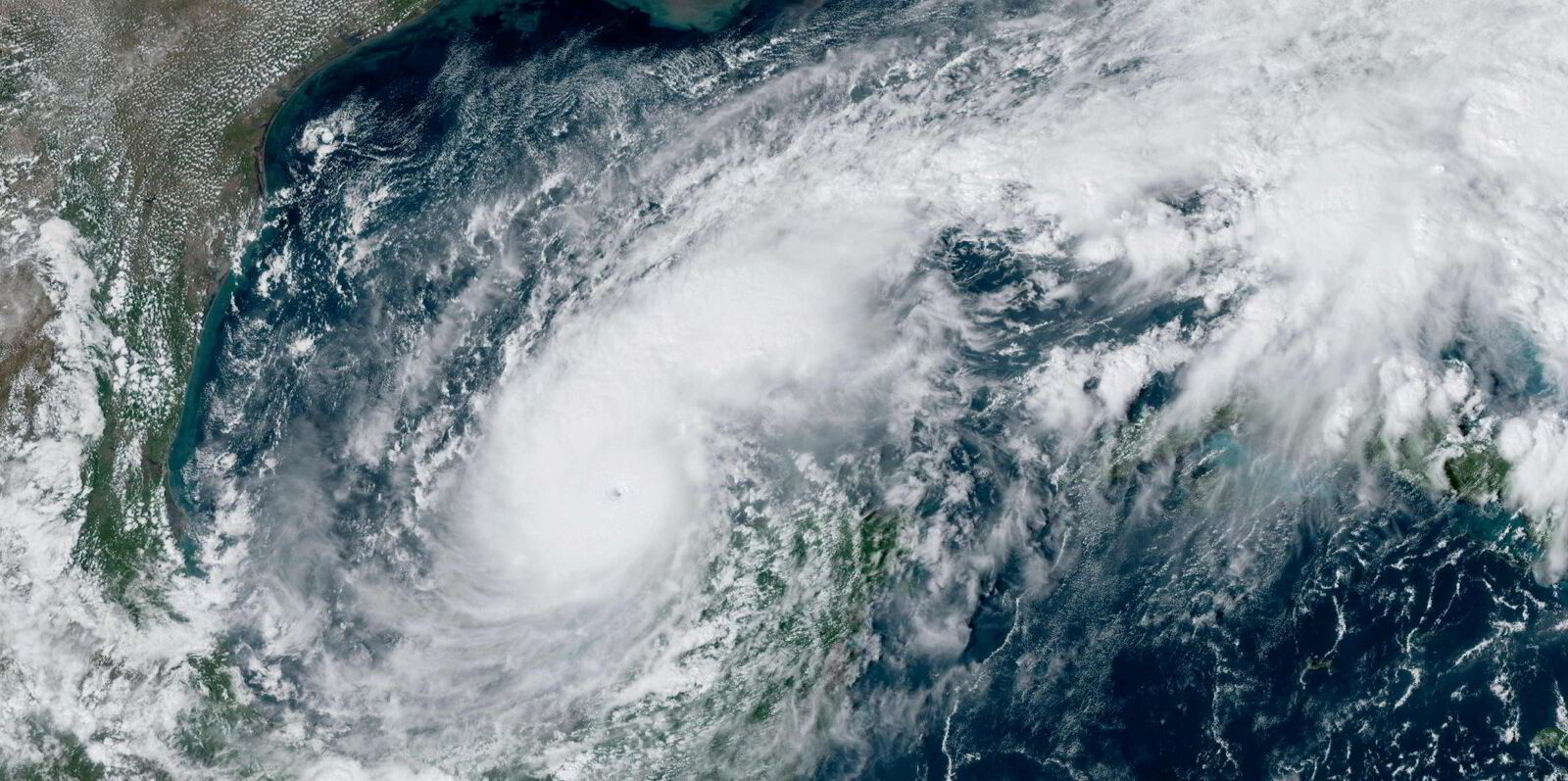Ports across Florida closed their doors to vessel traffic as powerful Hurricane Milton bore down on the Tampa Bay region.
The US Coast Guard said the possibility of gale force winds led the captain of the port for the Tampa Bay area to set Condition Zulu on Tuesday morning — which stops port activity and vessel traffic.
The decision affected Tampa and SeaPort Manatee.
Tampa is a diversified port that handles tankers, bulkers, cruise ships, breakbulk cargoes and vehicle carriers. Manatee prides itself on being the closest US port to the Panama Canal and handles dry bulk, breakbulk, containers and project cargo.
The smaller ports of Key West, St Petersburg and Fort Myers have also fully closed.
Other major ports around Florida — from Jacksonville’s Jaxport in the north to PortMiami in the south — were placed on Condition Yankee, which means they are closed to inbound traffic, and vessels must leave or seek Coast Guard approval to remain.
The situation creates disruption across a cruise industry corridor, leading to big changes to itineraries.
Hurricane Milton remains a Category 4 storm after regaining some of its strength on Tuesday, according to the US National Hurricane Center.
It reached as high as Category 5, making it the planet’s most powerful storm of the year. It is expected to weaken to a Category 3 before making landfall near Tampa, but is also expected to grow in size.
“While fluctuations in intensity are expected, Milton is forecast to remain an extremely dangerous hurricane through landfall in Florida,” the National Hurricane Center said on Tuesday.
Sam Norton, chief executive of Tampa-based shipowner Overseas Shipholding Group, said the impact of the hurricane depends on whether it makes landfall in a location that creates a storm surge up the bay.
If Milton stays south, it will drain water out of Tampa Bay and allow the port to reopen almost immediately.
“If, however, the storm tracks at or anywhere north of the bay, the expected storm surge will be very damaging, and it is unclear to me how long the port would be knocked out of operations if subjected to a 10 to 15 feet of water ingress into the main port facilities,” he told TradeWinds.
“Tampa is the main gateway for transportation fuels for the west coast of Florida and Orlando — there is a pipeline from Tampa to Orlando — so any extended period of time that would see the port unable to operate would have immediate and significant impacts on fuel availability throughout much of Florida.”
If that happens, Norton warned that opponents of the Jones Act, which restricts domestic trade to US-built vessels — will complain that the cabotage law is to blame for the shortages.
“But that is a false narrative, as Jones Act vessels and fuel will be available quickly,” he said. “But if you can’t dock ships and unload them into port storage tanks for trucks to access and bring fuel to those that need it, fuel shortages will persist.”
On Monday, Mexican authorities shuttered ports across Yucatan state, including Progreso, which was squarely in the path of Milton when the hurricane was at its most powerful.
It is not immediately clear how the port — which handles container ships, tankers, cruise ships and bulkers — has been affected.
But photos published by local media show damage across the city’s coastline.





